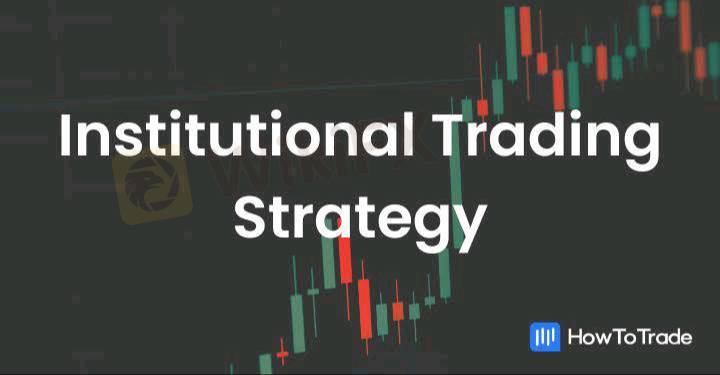
2025-02-06 15:06
業界The difference in retail and institutional trading
#firstdealofthenewyearFateema
Retail and institutional trading differ mainly in scale, strategy, and access to resources. Here’s a breakdown:
1. Trader Profile
Retail Traders: Individual investors trading with personal funds.
Institutional Traders: Large organizations like hedge funds, banks, and mutual funds managing significant capital.
2. Capital & Trade Size
Retail: Smaller trade sizes, often a few hundred or thousand dollars.
Institutional: Large-scale trades, sometimes in millions or billions.
3. Market Access & Fees
Retail: Uses standard brokerage accounts, paying higher fees and spreads.
Institutional: Access to dark pools, direct market access (DMA), and lower fees due to volume.
4. Trading Strategies
Retail: Focus on technical and fundamental analysis, often short-term trades.
Institutional: More sophisticated strategies like algorithmic trading, arbitrage, and high-frequency trading (HFT).
5. Order Execution
Retail: Executes trades through brokers with potential slippage.
Institutional: Uses advanced execution methods to minimize price impact.
6. Regulation & Reporting
Retail: Fewer regulatory requirements beyond basic KYC/AML.
Institutional: Must comply with strict regulations (e.g., SEC, MiFID II) and reporting standards.
Would you like insights into how this applies to crypto trading specifically?
いいね 0
Edetekpe1
ブローカー
人気の話題
業界
米国株式や日経などのクロスボーダー ETF は大量に高値で償還され
業界
包括的なリスク管理計画を策定する
業界
高度なテクノロジーとテクニカル分析を活用する
業界
📢2025年1月9日11:00の通貨ペア
業界
危険】:米国でVarna Tradeを訪問しましたが、オフィスは見つかりませんでした‼ 詳細は下の画
業界
👀#WikiFX 「先週、日本人ユーザーが最も検索されたFX会社が発表されました!」
市場分類

会社ナビ

エキスポ

IB

募集

EA

業界

相場

指標
The difference in retail and institutional trading
 ナイジェリア | 2025-02-06 15:06
ナイジェリア | 2025-02-06 15:06#firstdealofthenewyearFateema
Retail and institutional trading differ mainly in scale, strategy, and access to resources. Here’s a breakdown:
1. Trader Profile
Retail Traders: Individual investors trading with personal funds.
Institutional Traders: Large organizations like hedge funds, banks, and mutual funds managing significant capital.
2. Capital & Trade Size
Retail: Smaller trade sizes, often a few hundred or thousand dollars.
Institutional: Large-scale trades, sometimes in millions or billions.
3. Market Access & Fees
Retail: Uses standard brokerage accounts, paying higher fees and spreads.
Institutional: Access to dark pools, direct market access (DMA), and lower fees due to volume.
4. Trading Strategies
Retail: Focus on technical and fundamental analysis, often short-term trades.
Institutional: More sophisticated strategies like algorithmic trading, arbitrage, and high-frequency trading (HFT).
5. Order Execution
Retail: Executes trades through brokers with potential slippage.
Institutional: Uses advanced execution methods to minimize price impact.
6. Regulation & Reporting
Retail: Fewer regulatory requirements beyond basic KYC/AML.
Institutional: Must comply with strict regulations (e.g., SEC, MiFID II) and reporting standards.
Would you like insights into how this applies to crypto trading specifically?
いいね 0
私もコメントします
質問します
0コメント件数

誰もまだコメントしていません、すぐにコメントします

質問します
誰もまだコメントしていません、すぐにコメントします